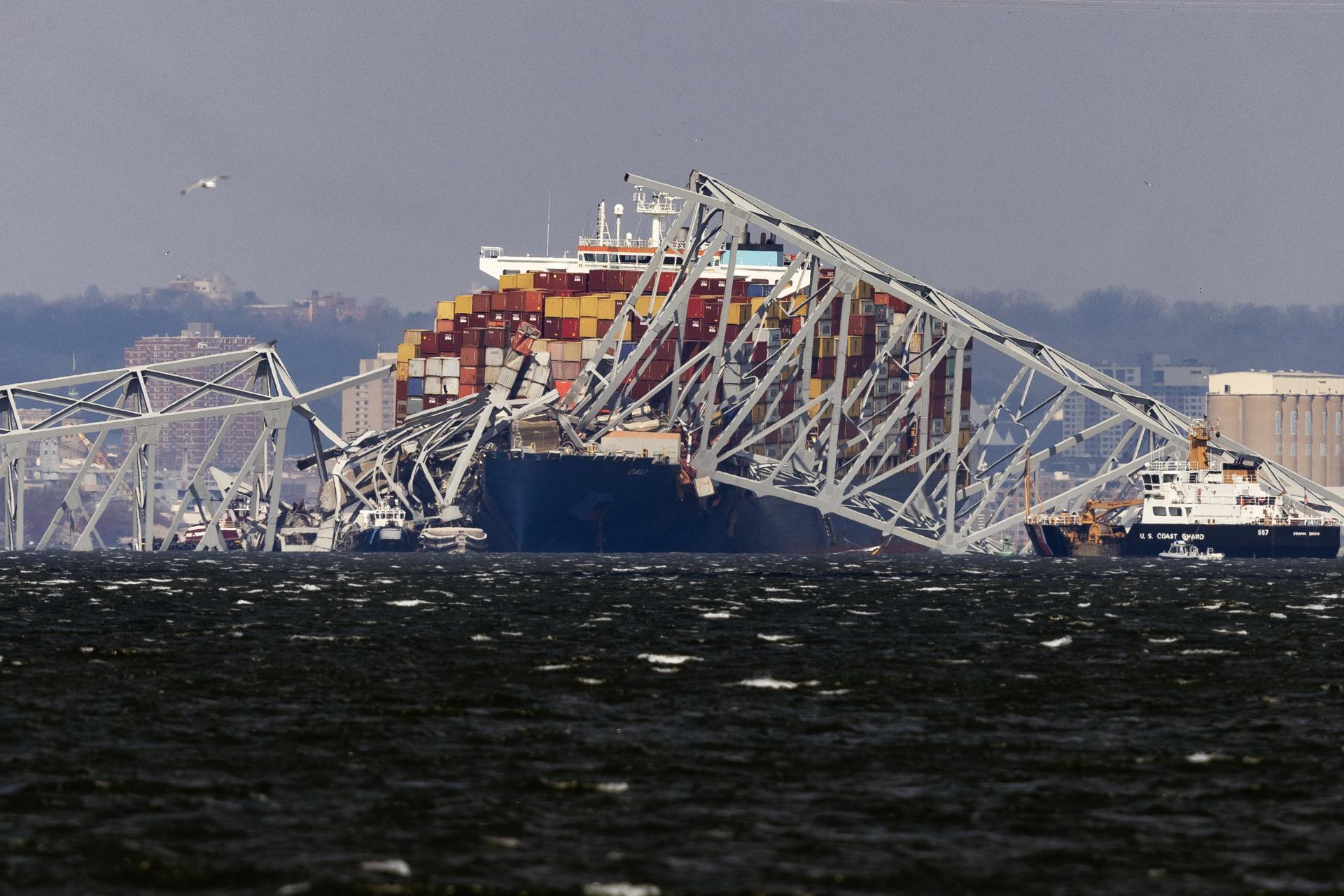
By EFE
Mar 30, 2024, 7:36 PM EDT
Maynor Suazo’s weekends were for his family. From Monday to Friday, she worked repairing potholes on roads and highways, a job she can only do when others are sleeping. On days off, she would call her brother Carlos to wake up: “What are you doing? Where are we going?” A park, a river or a barbecue. The point was to put together a plan and enjoy the time together.
This past Sunday, the idea was a lunch at Maynor’s house. The two brothers, Honduran migrants living in the United States, told jokes, ate and listened to music. When it was time to leave, Carlos hugged his brother, who said goodbye with “I see you there, crazy.”
On Tuesday morning, around five, Maynor’s wife, Berenice, woke up Carlos with a notice that changed his life plans and those of his entire family: his brother was one of the six workers who were working on the bridge. Francis Scott Key, in Baltimore, Maryland, when he collapsed on the Patapsco River after being struck by a cargo ship.
Since that moment, the man said in an interview with EFE, he has not slept and has only one goal in mind: to know where Maynor’s body is. “We will feel rested if we have the body. If she is still missing, that is going to be the worst for us,” explained the 51-year-old man, with big brown eyes and rough hands.
After finding the bodies of two of the six workers, authorities temporarily paused search efforts on Wednesday so they could continue removing the debris.
Once enough material is lifted to make the area safe again, the divers will resume the inspection work to recover the bodies of the four who are still missing, but are now presumed dead, as indicated on Friday by the governor of Maryland, Wes Moore.

All these days, which for Carlos merge into each other, the Honduran has pressured the authorities to keep him informed and even managed to get them to put him on one of the rescue boats and allow him to get closer to the accident area.
Together with Maynor’s wife, who has been at home with their two children – ages 18 and 6 – they filter the information and share it with their relatives in Honduras, where his other six siblings, his nephews and his mother live. Her father passed away a year ago and they were just preparing to honor her death when the accident happened.
“There is a whole family behind us and I want them to feel confident that I am doing what I can to investigate what happened,” Carlos said.
That connection between here and there, which now increases the tragedy, was very important to Maynor, who arrived in the United States more than 18 years ago. “She spent her time looking for discounts, to see what she could buy and send to Honduras,” said her brother.
His dream, after years of work and entrepreneurship in the so-called land of “opportunities”, was to return to his native Azacualpa, in the northeast of the country, and grow old there with his wife and children.
He liked to party, play music and was attentive to what others needed. “He was a happy guy; with a good heart, pleasant and sweet,” Carlos emphasized.
Once they find his brother, he stressed, he does not have much to do here, although he is grateful for everything this country has given him.
The question that is on his mind, and that he hopes will be resolved as the accident investigation progresses, is why it was not possible to notify the group of workers who were on the bridge in time. “The tragedy would have been less if there had been communication,” he stressed.
Keep reading:
• Joe Biden will visit Baltimore next week after bridge collapse
• The largest crane on the East Coast of the United States arrives in Baltimore for cleaning work
• The Baltimore tragedy points to the risk for Latino workers: “Insecurity is daily”
